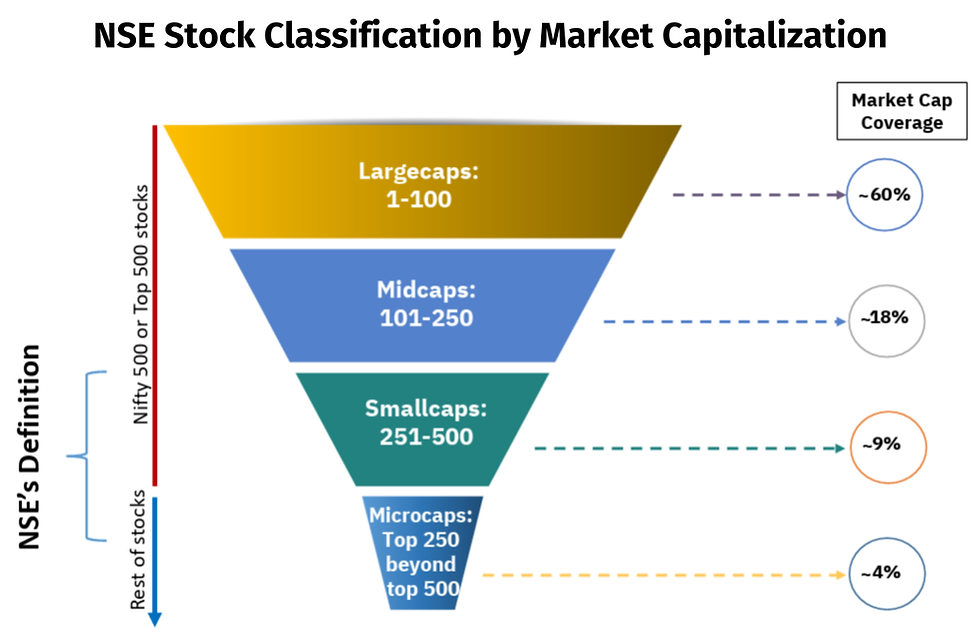What's The Score?
- Akshay Nayak
- Dec 24, 2023
- 4 min read
Within the exercise of planning our finances, one area that is almost always not given due attention is that of not knowing and keeping track of our credit score. A credit score is a metric that is assigned to an individual by a specialised organisation known as a credit rating agency. A credit rating is assigned to an individual based on a number of aspects related to the creditworthiness of the individual. It is usually assumed that our credit score comes into play only when we wish to avail a loan. But there is a lot more about our credit scores that is worthy of being understood.
We need to understand the optimal range for our credit scores, how we can generate our credit scores and also the components that go into defining our credit scores. Our credit scores may also change from one year to the next, based on our pattern of credit usage during the year. It is therefore important for us to keep tour credit score, at least on an annual basis. Finally it is important for us what constitutes the right behaviour when using credit and credit instruments so as to maintain a healthy credit score. And these are the aspects that I will be discussing in detail today.
There are various credit rating agencies in India, but CIBIL (Credit Information Bureau India Limited) is the most prominent one. In India, an individual's credit score may range between 300 and 900. A score of 300 signifies that the individual has very poor creditworthiness and practices very poor credit behaviour. A score of 900 shows that the individual is extremely creditworthy and practices the right credit behaviour. It is extremely rare to find individuals whose score falls exactly at either extreme. But a score of 750 and above is widely accepted to be a healthy credit score.

The score is arrived at based on a number of factors. The first of these is the actual amount of money we owe in total across all our existing debts. The type of credit we avail of also has a significant impact on our credit score. Someone who avails a home loan for instance, would have a better credit score than those who avail say a personal loan. The regularity with which we service our debts also has an impact on our score. Finally, our credit history, past pattern of availing debts, and frequency of taking on new debt also play a role. The weightage given to each of these factors in the process of determining our credit score is laid out in the graphic below.

Anyone who wants to check their credit score can find it by visiting the CIBIL website. Also as per RBI regulations, every individual can avail of one credit report from CIBIL or any other credit rating agency for free every year. So it would be an ideal practice to keep track of our credit score by availing of the free report every year. Going through our credit report would also help us realise whether there are any mistakes in the information reflected in the report. It would also help us identify whether there are any debts that are wrongly attached to our names.
Any discrepancies found must be reported to the concerned authorities and rectified immediately. Not doing this may see our credit score get adversely affected for no good reason. Having a healthy credit score gives us the benefit of being able to choose from a wider pool of potential lenders when availing a loan. It also gives us a lot more bargaining power and allows us to negotiate the most competitive interest rates possible on our loans. Also, today banks are not the only parties who would have an interest in our credit scores.
Insurers, employers and landlords may also want to know our scores to guage our creditworthiness and whether we will to periodically service the payments due to them (premium payments in the case of insurers and rental payments in the case of landlords). Some employers may even refuse us a job if we do not have a reasonably healthy credit score. It is therefore vitally important to build and maintain a healthy credit score at all times. And this is possible only when we follow the right behaviour when dealing with credit and various forms of debt. A few practices that are indicative of good credit behaviour are laid out in the graphic that follows.

It is also important for us to not exhaust the credit limit on our cards and maintain a low credit utilisation ratio. It is given as Total credit limit/Total value of credit transactions * 100. So having credit transactions worth say Rs 40,000 on a card with a limit of Rs 1,00,000 would mean that we have a credit utilisation ratio of 40% (40,000/1,00,000 * 100).
Finally, we must understand that generating our credit score and credit report at regular intervals does not affect our credit score adversely in any way whatsoever. A healthy credit score is ultimately an essential component of every individual's financial picture. It is therefore vital for every individual to have a holistic understanding of how their credit score and view it as a snapshot of their relationship with debt and credit which is also relevant to a number of parties they deal with in their everyday lives. And this just goes to show that our credit scores deservedly warrant our time and attention in terms of ensuring that we regularly track it and make sure that it remains adequately healthy at all times.



Comments